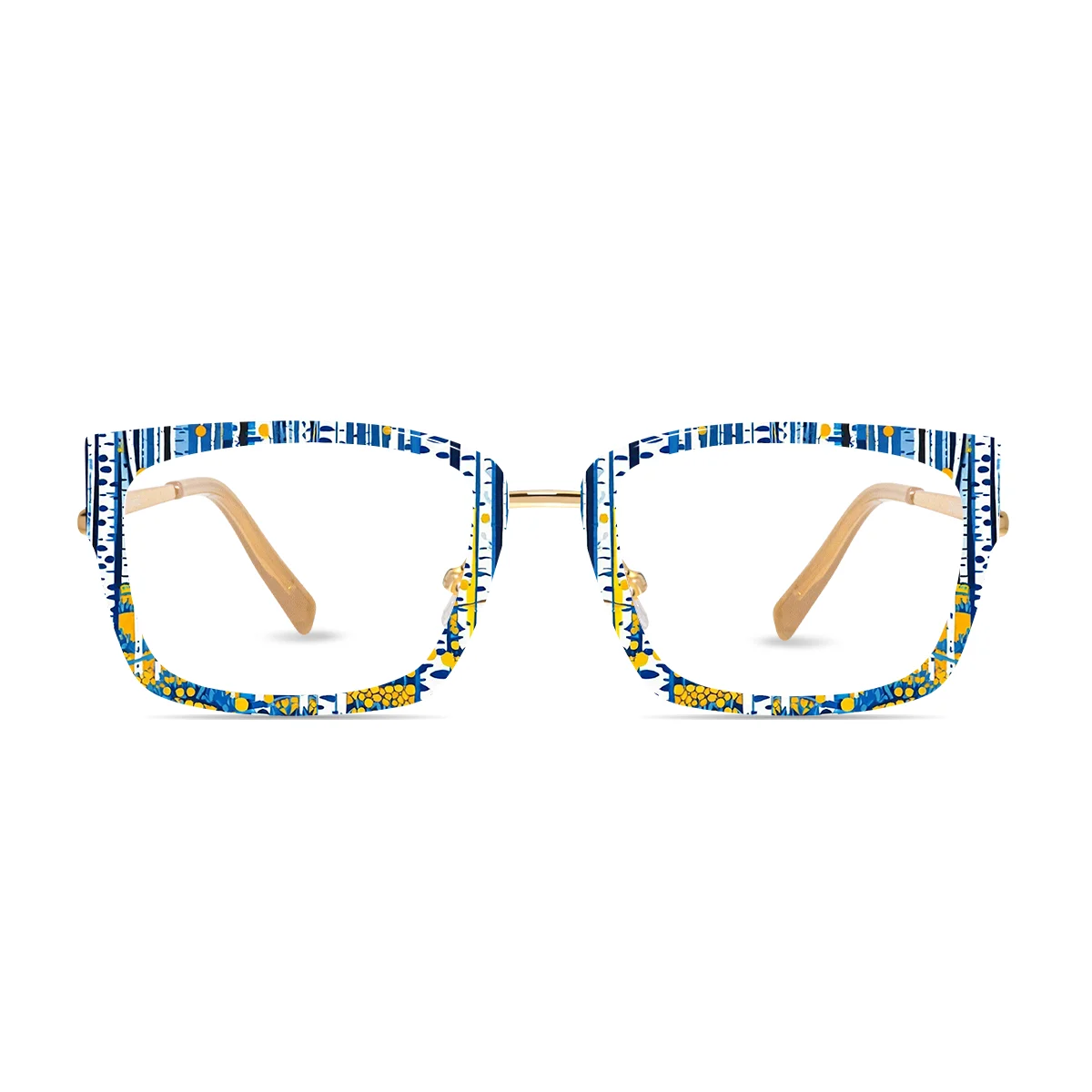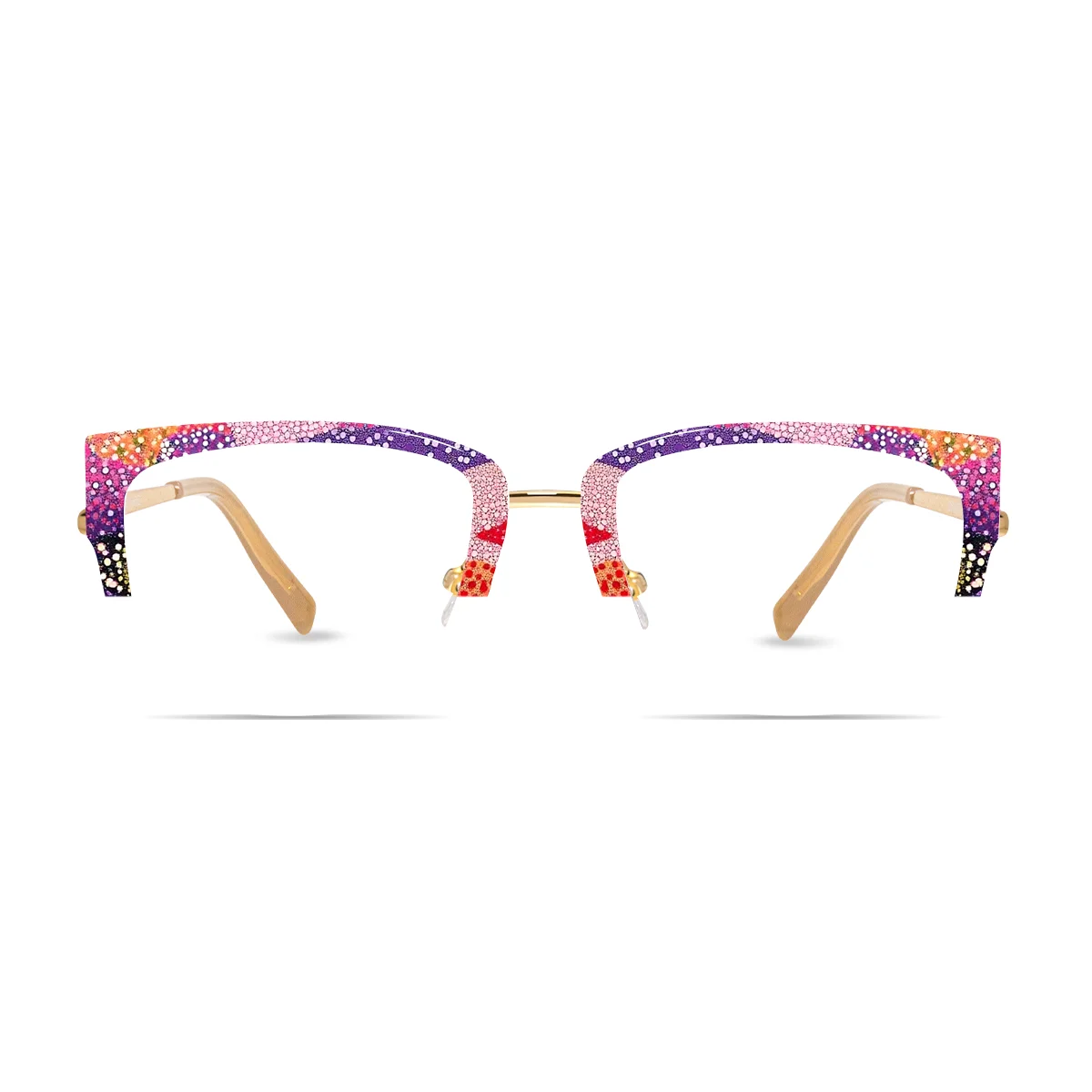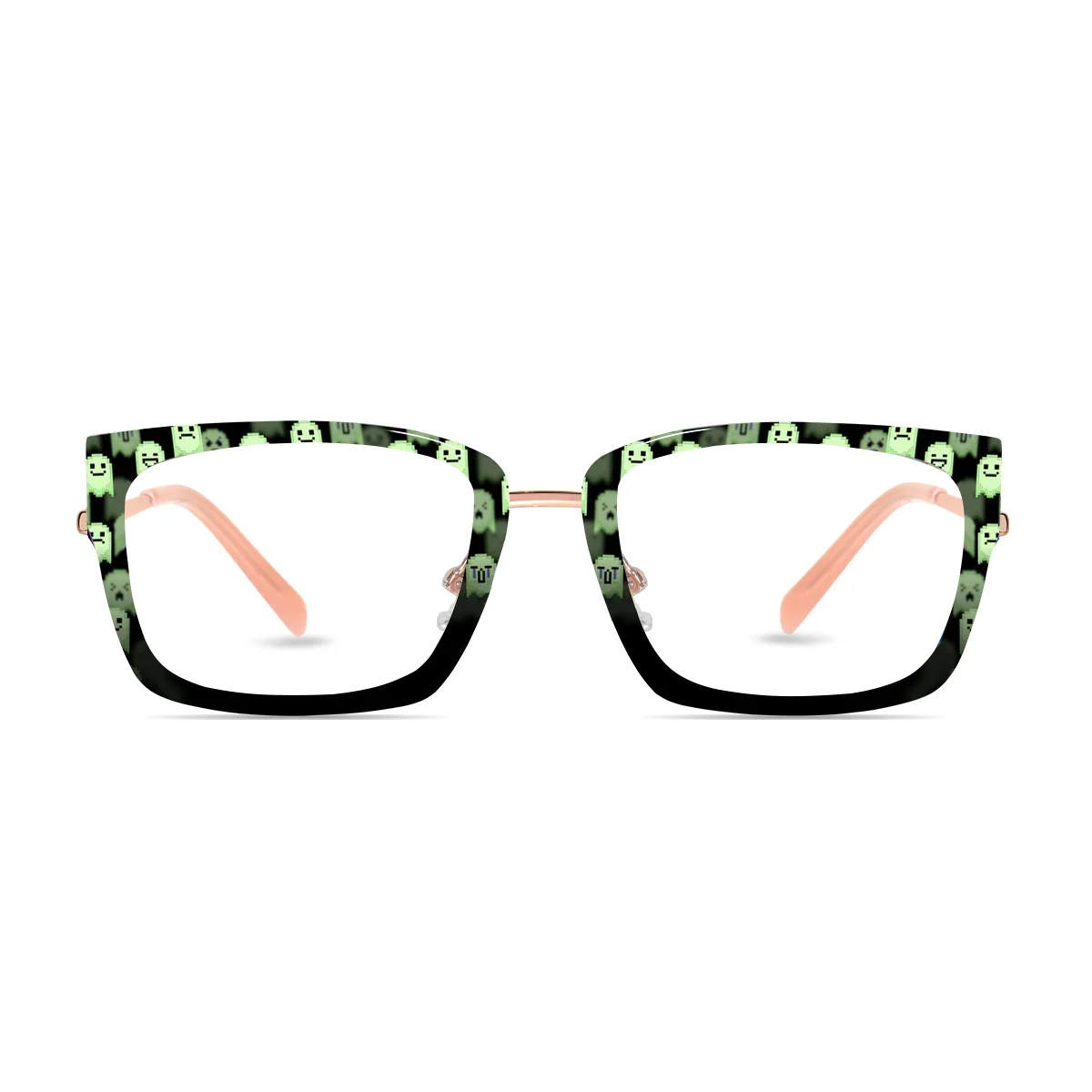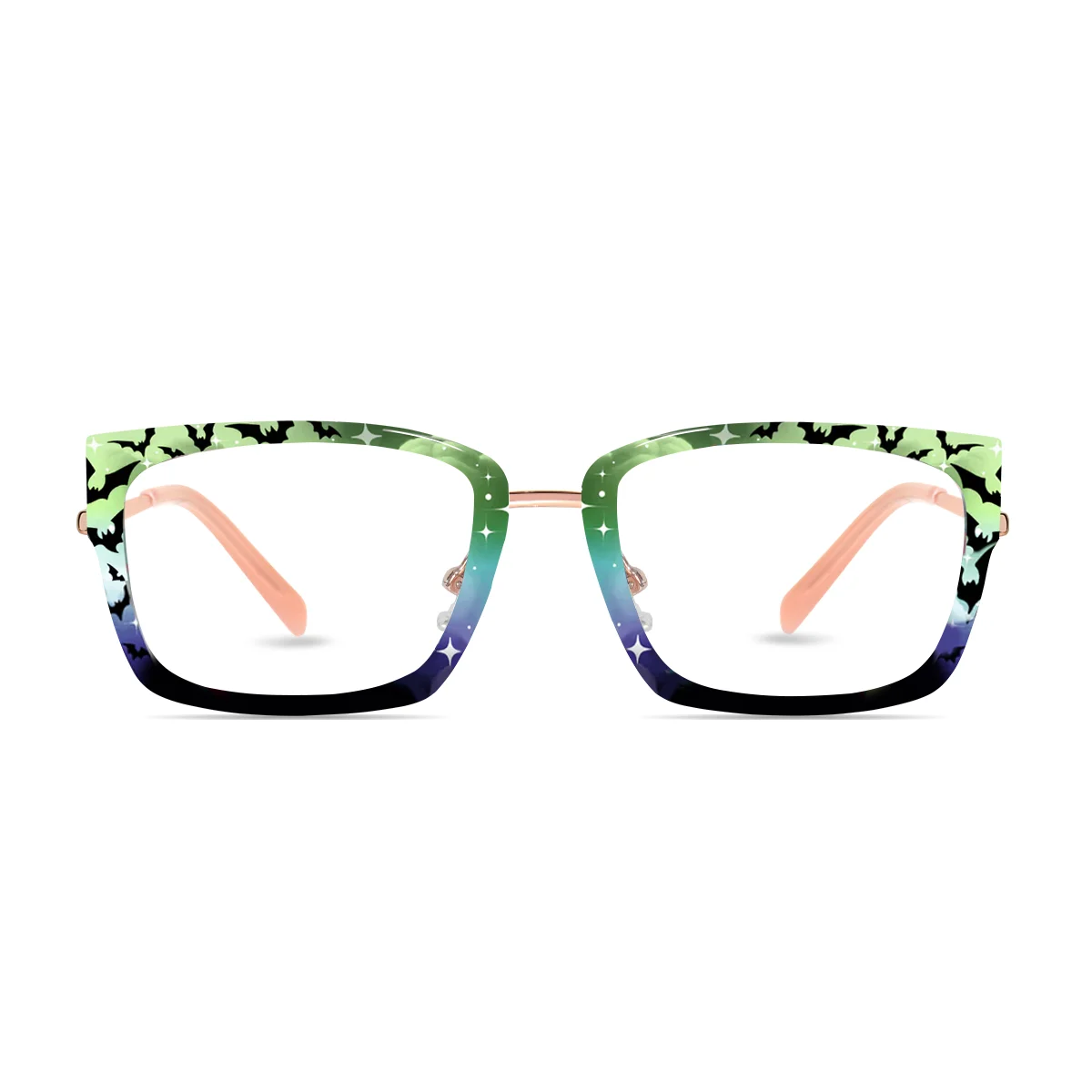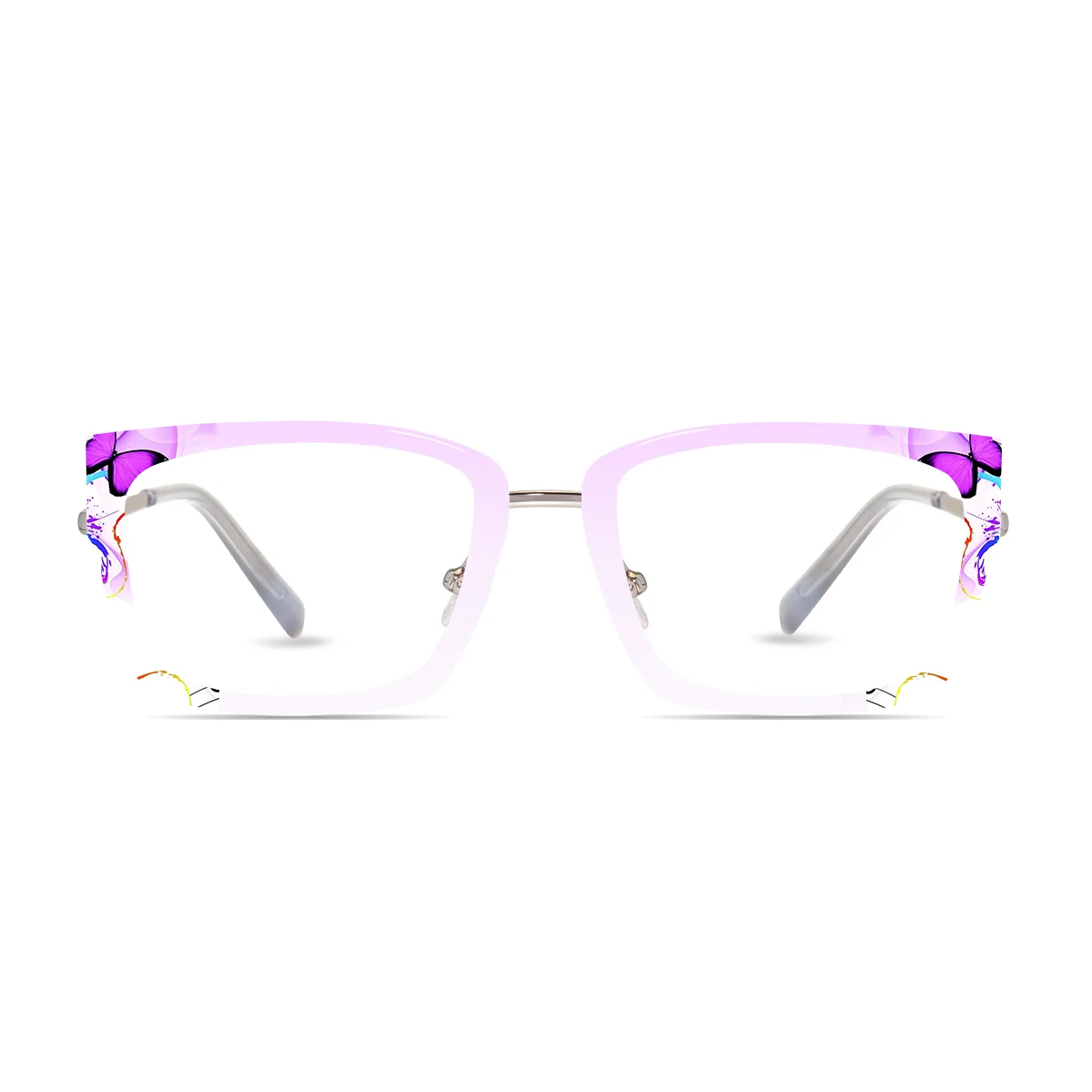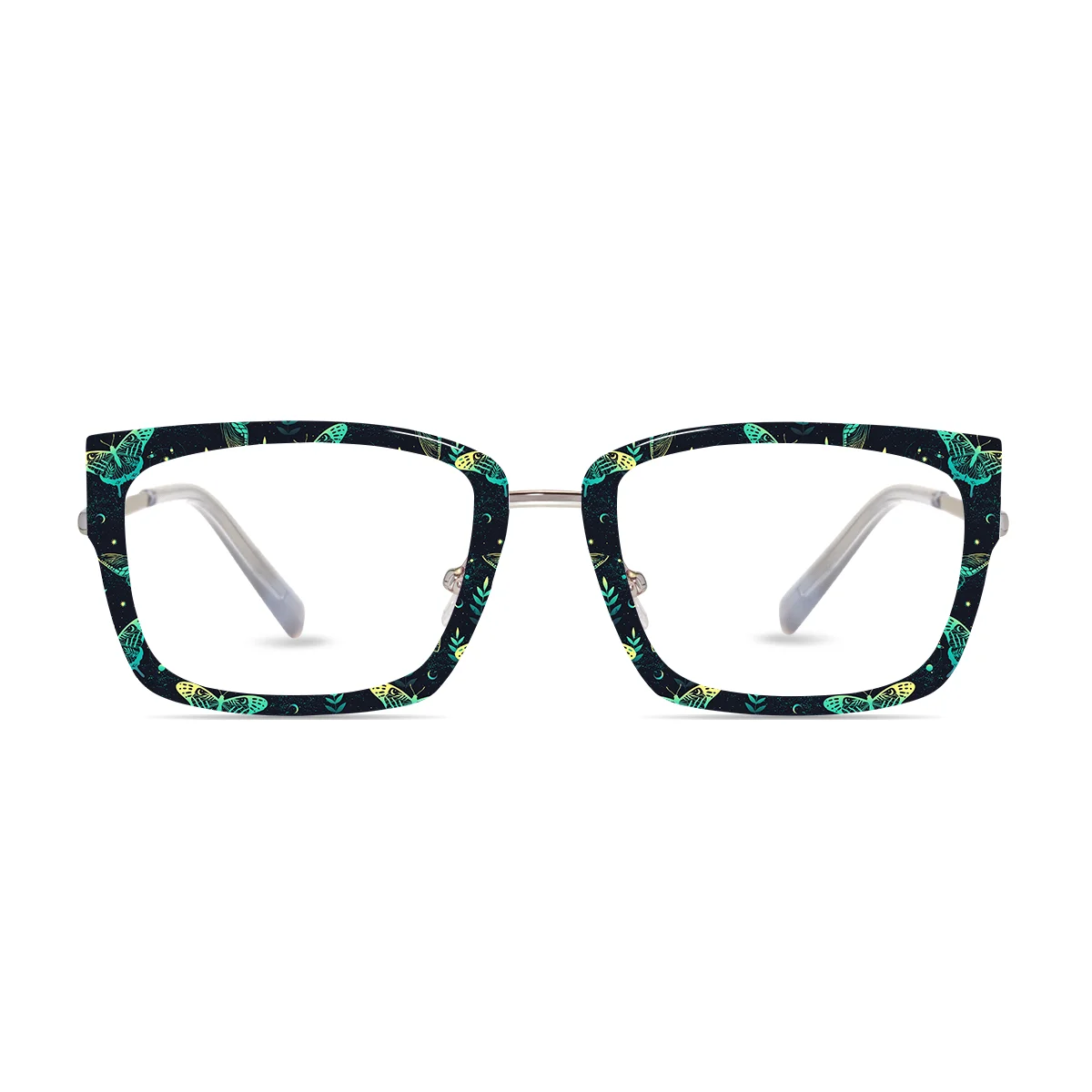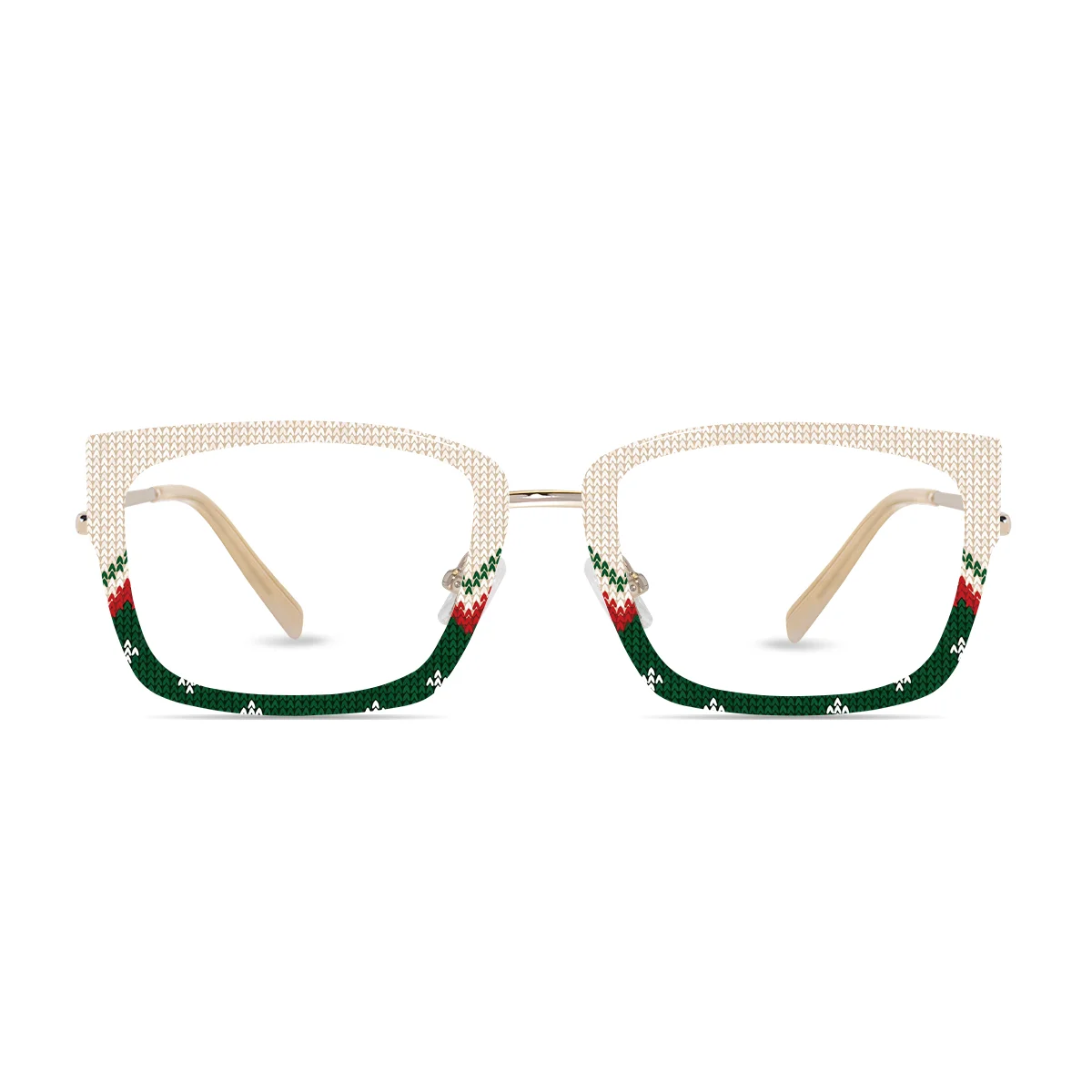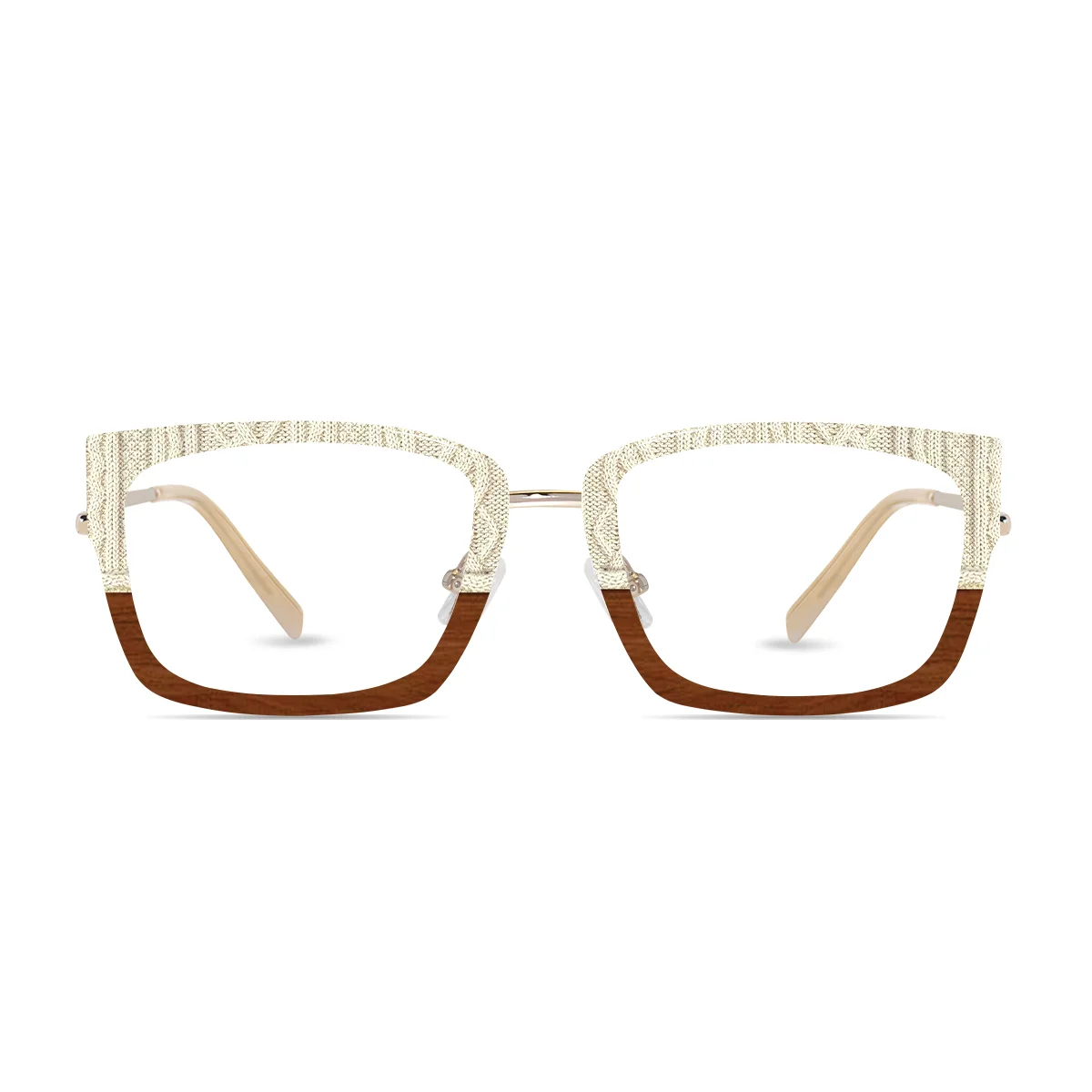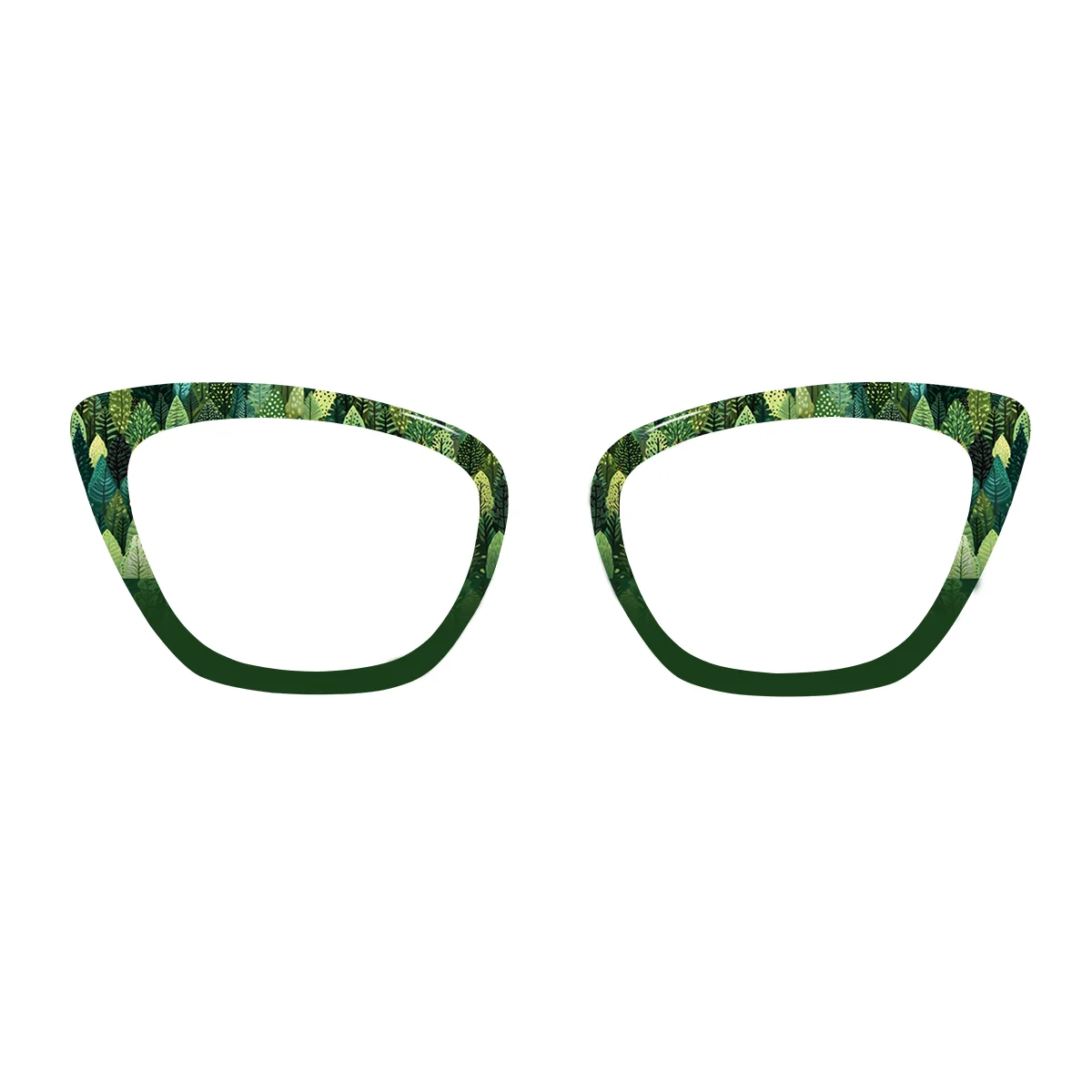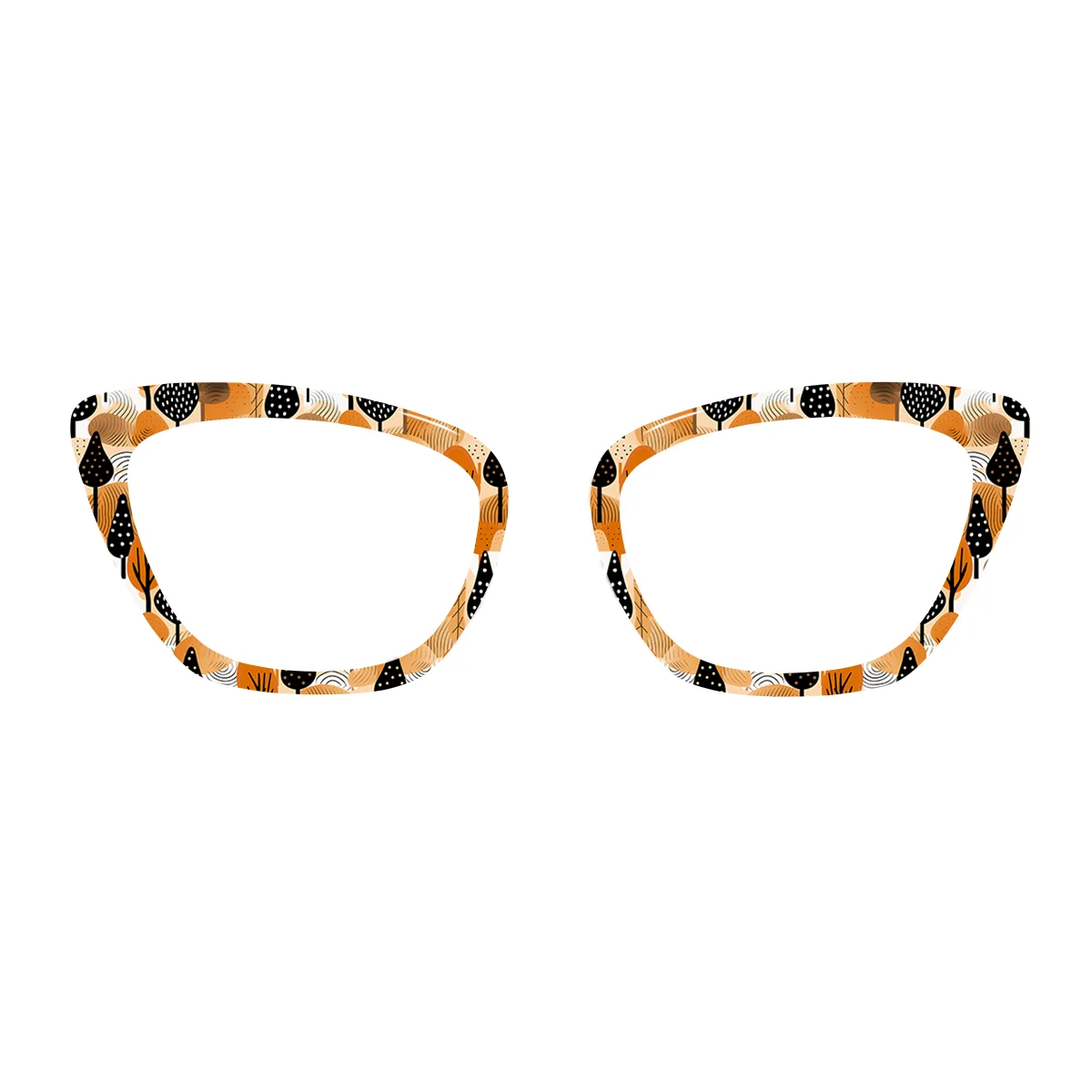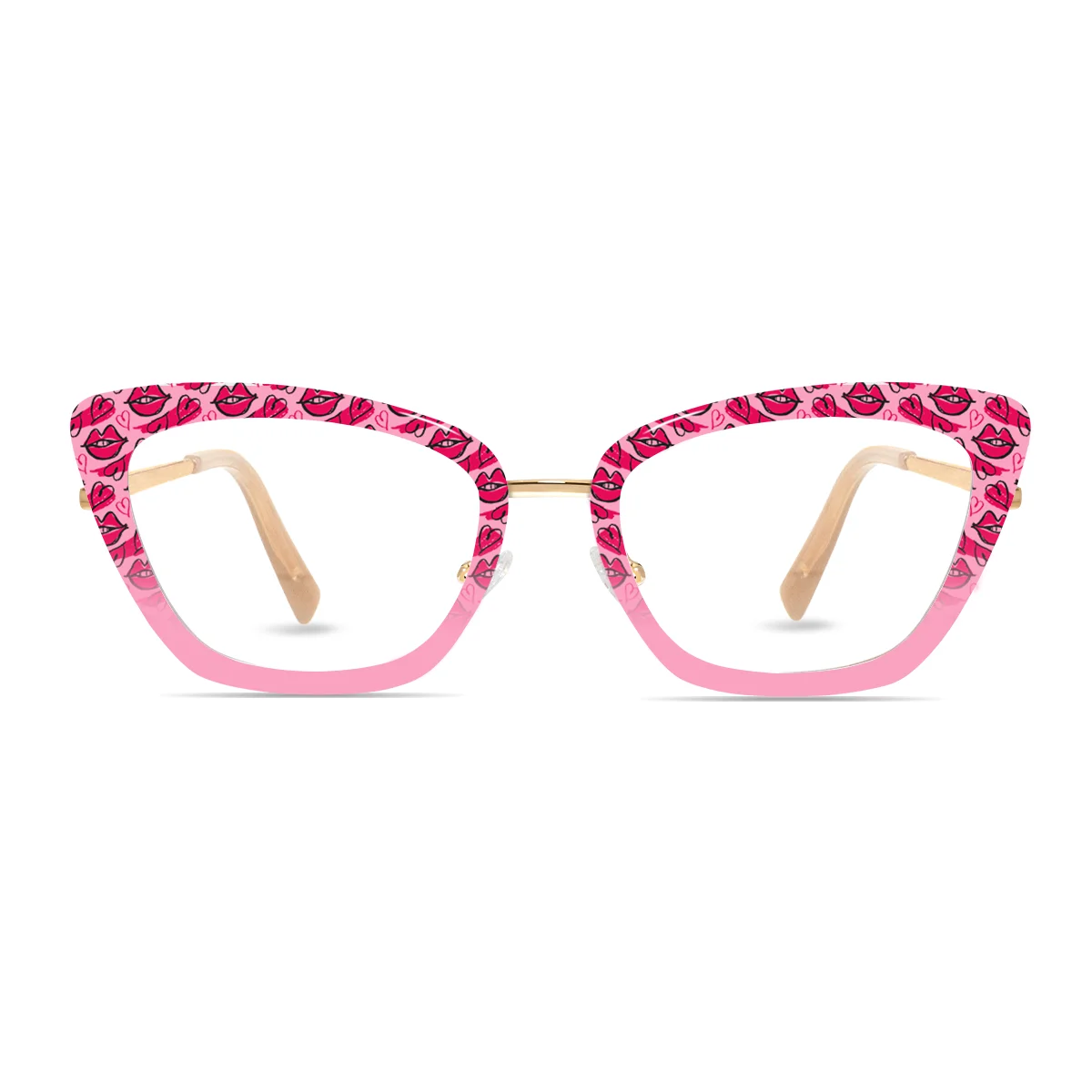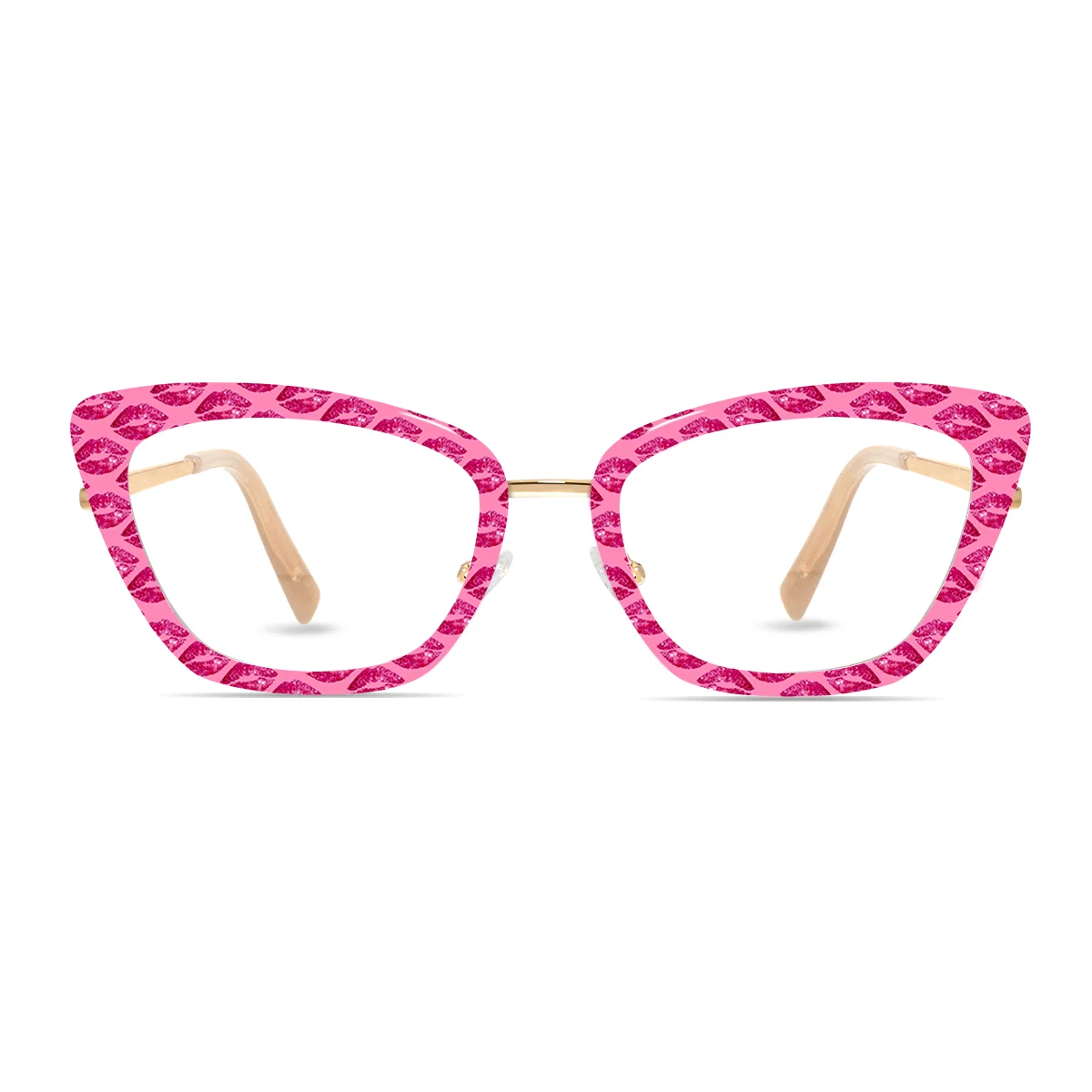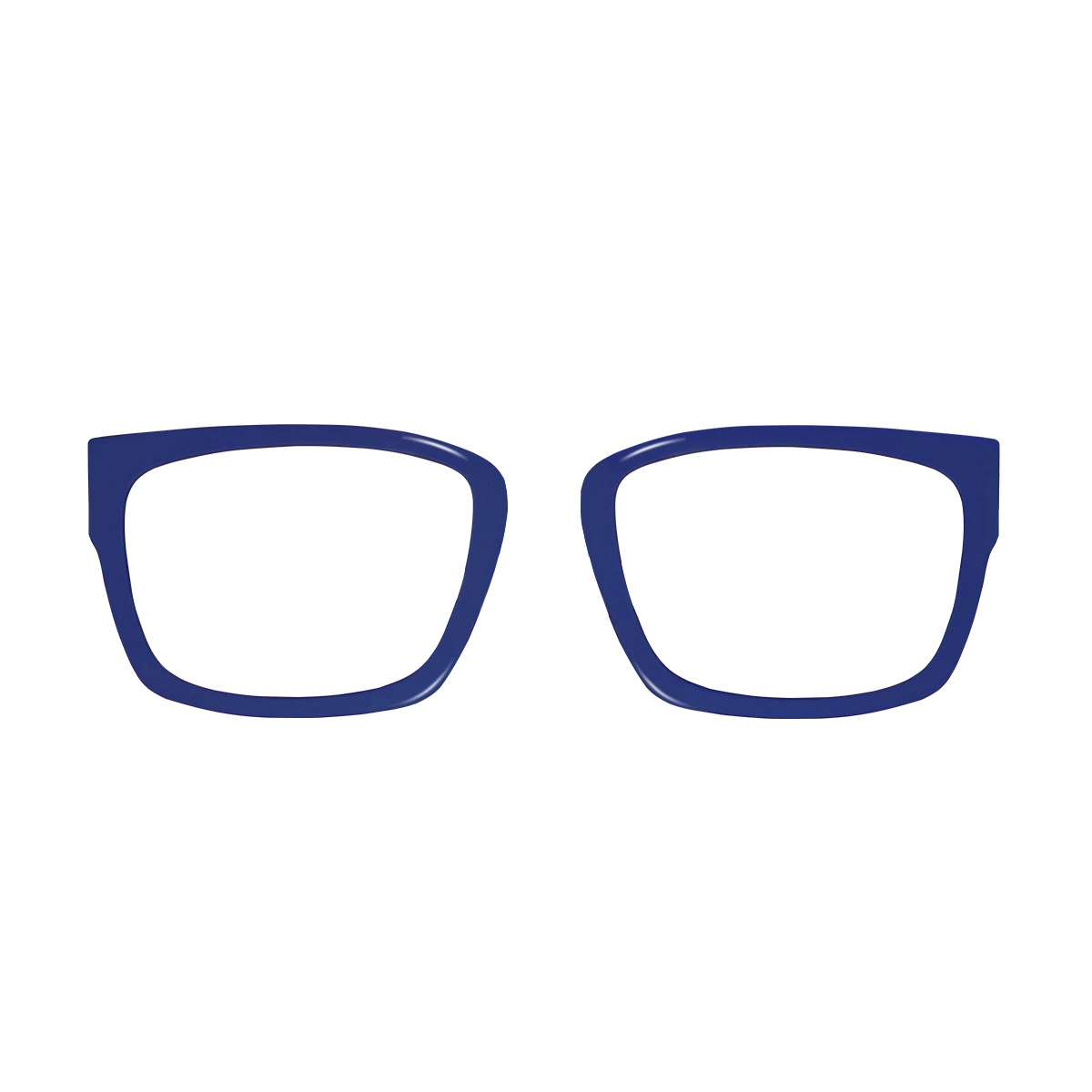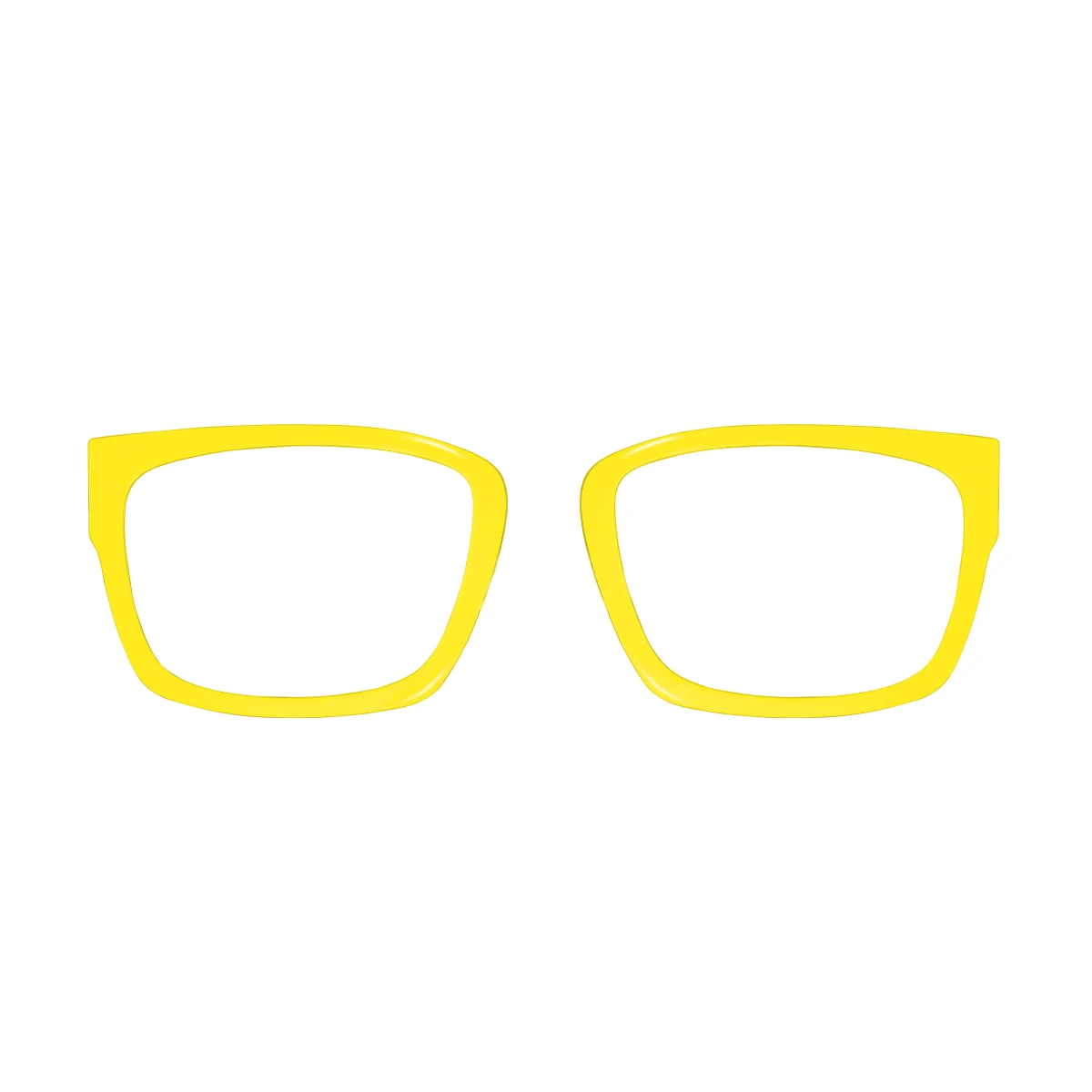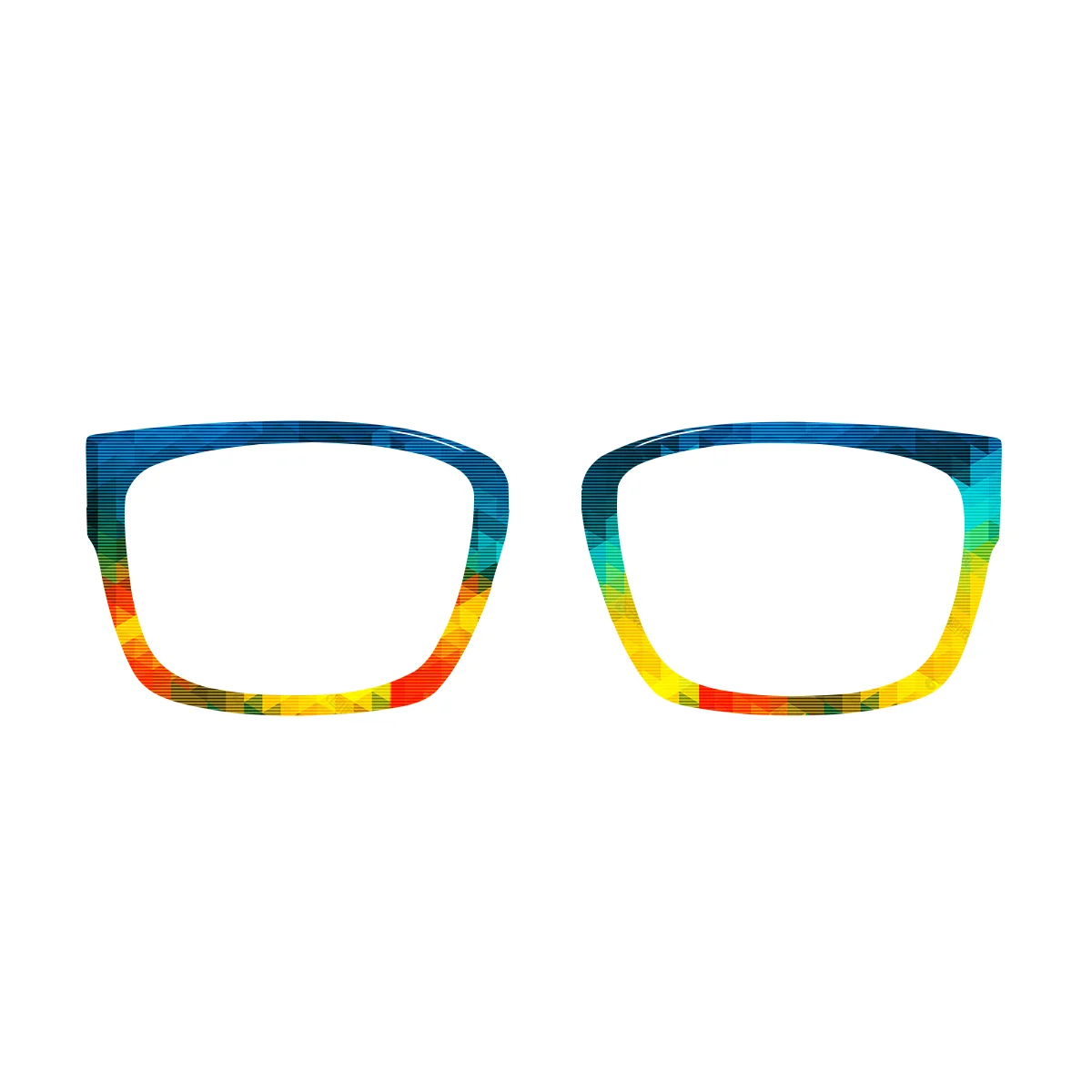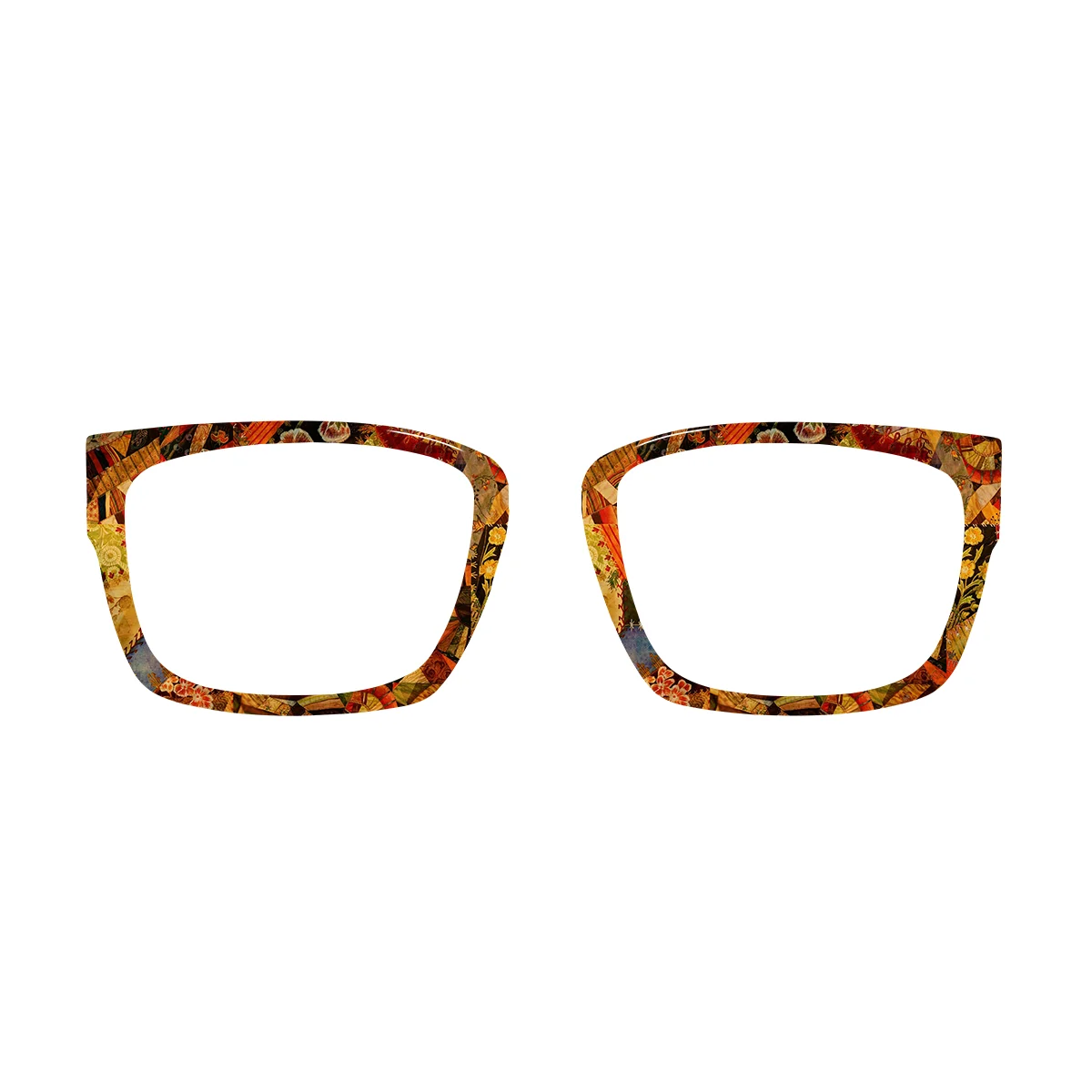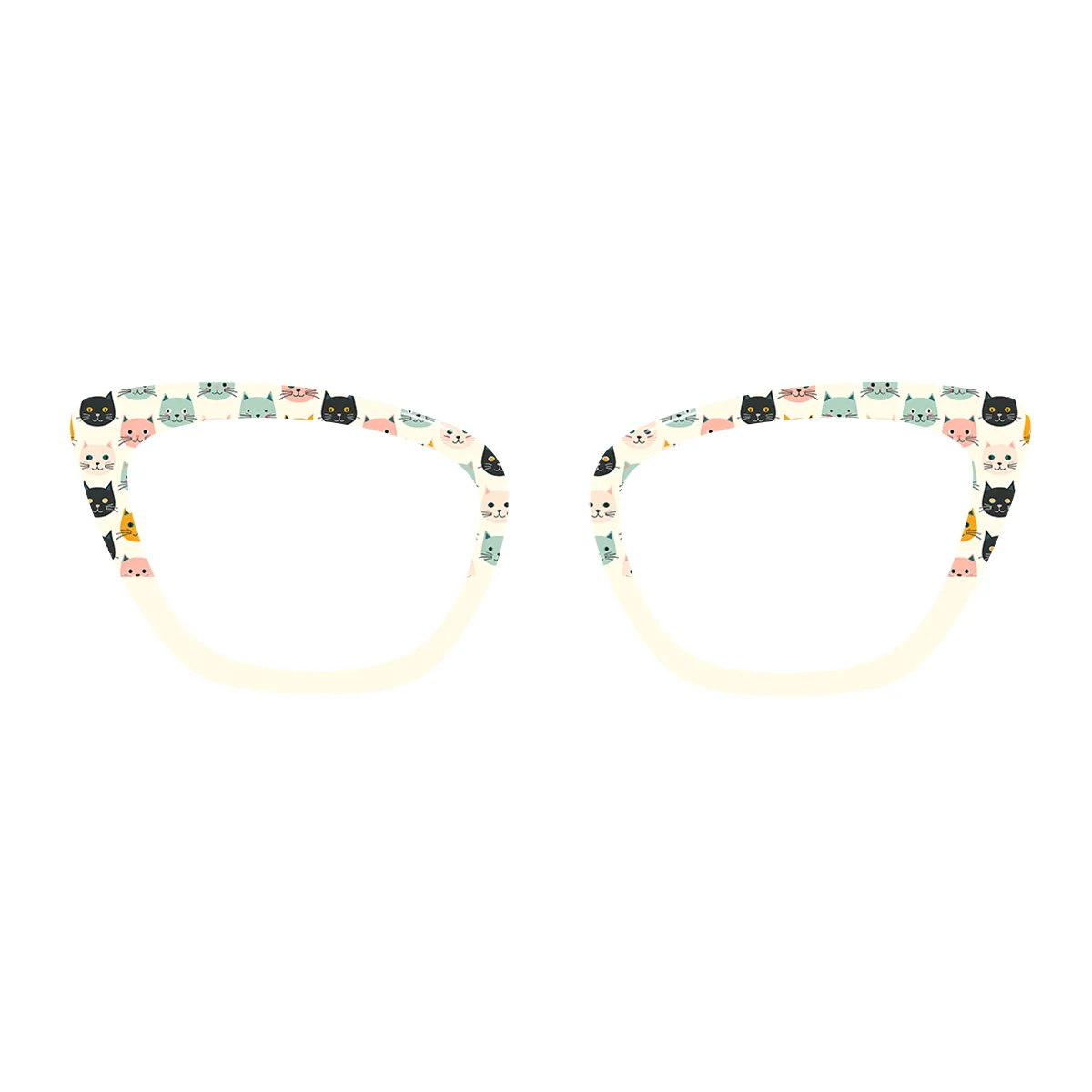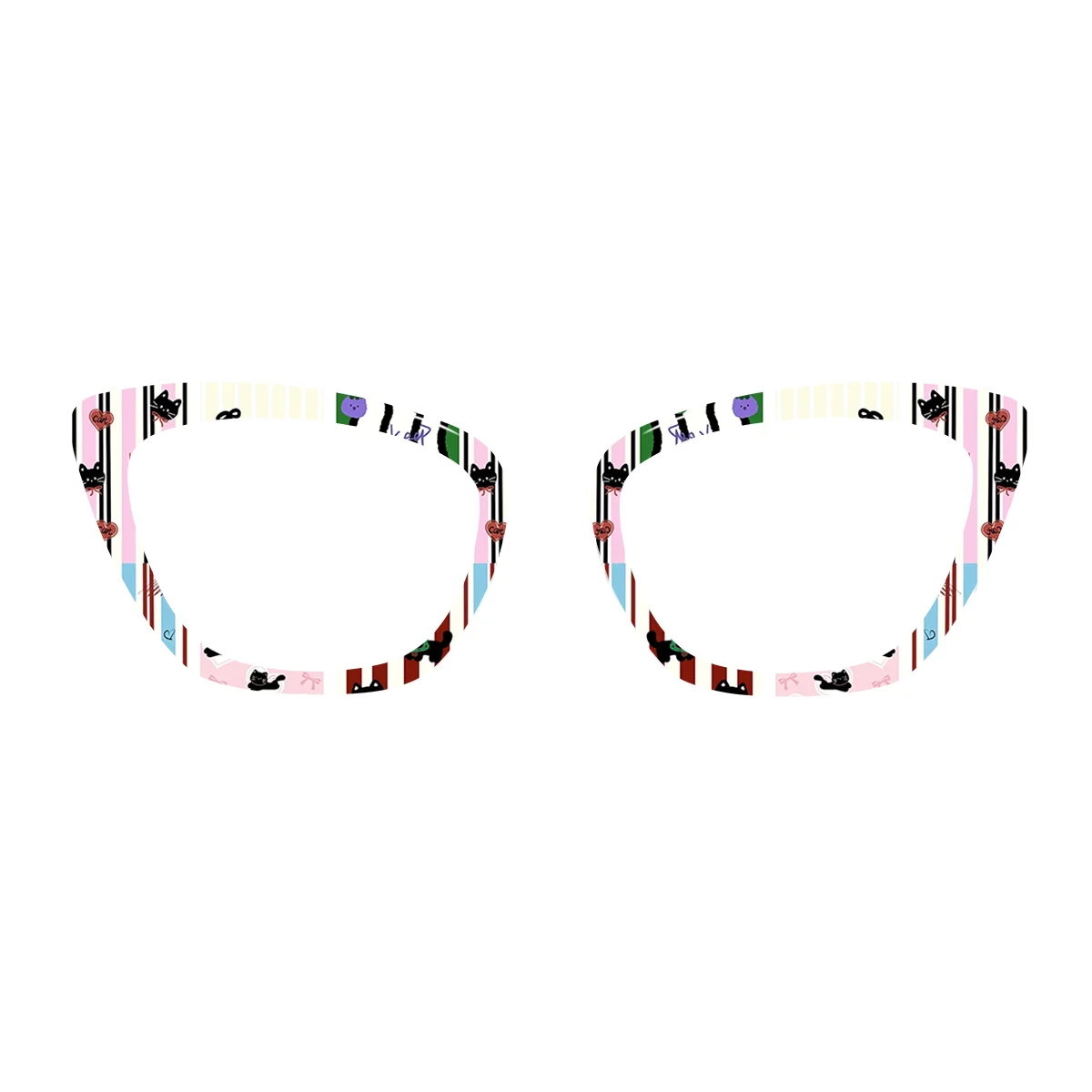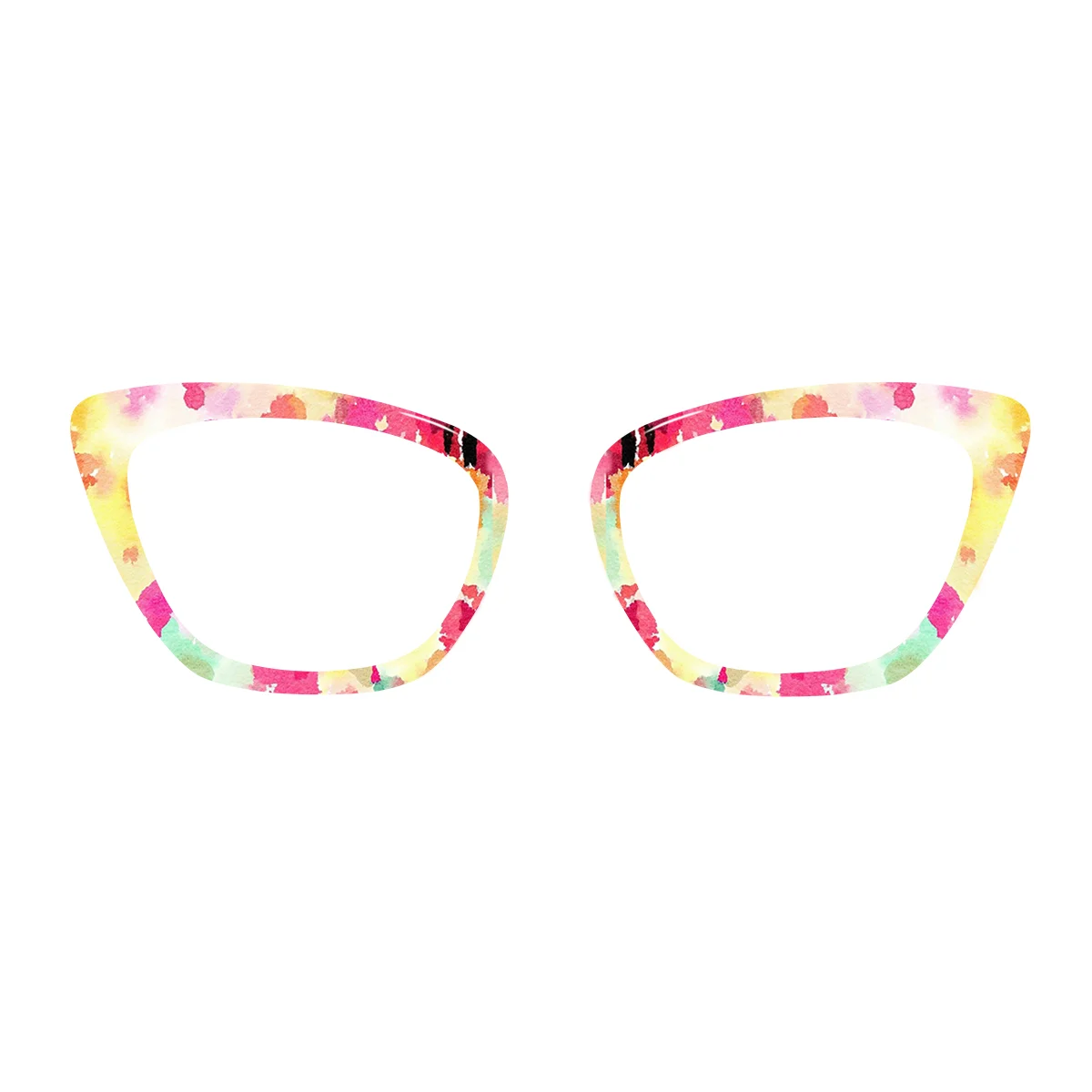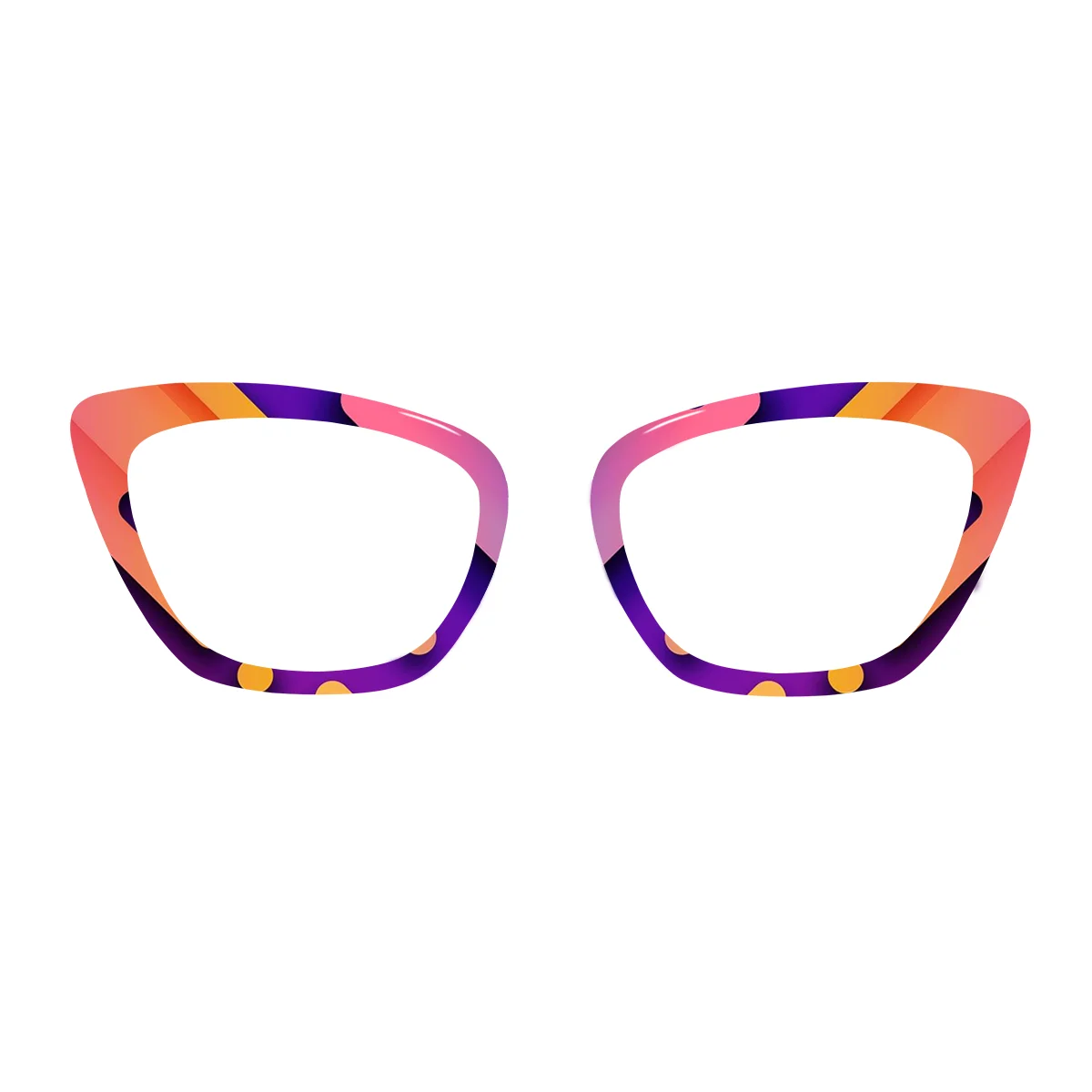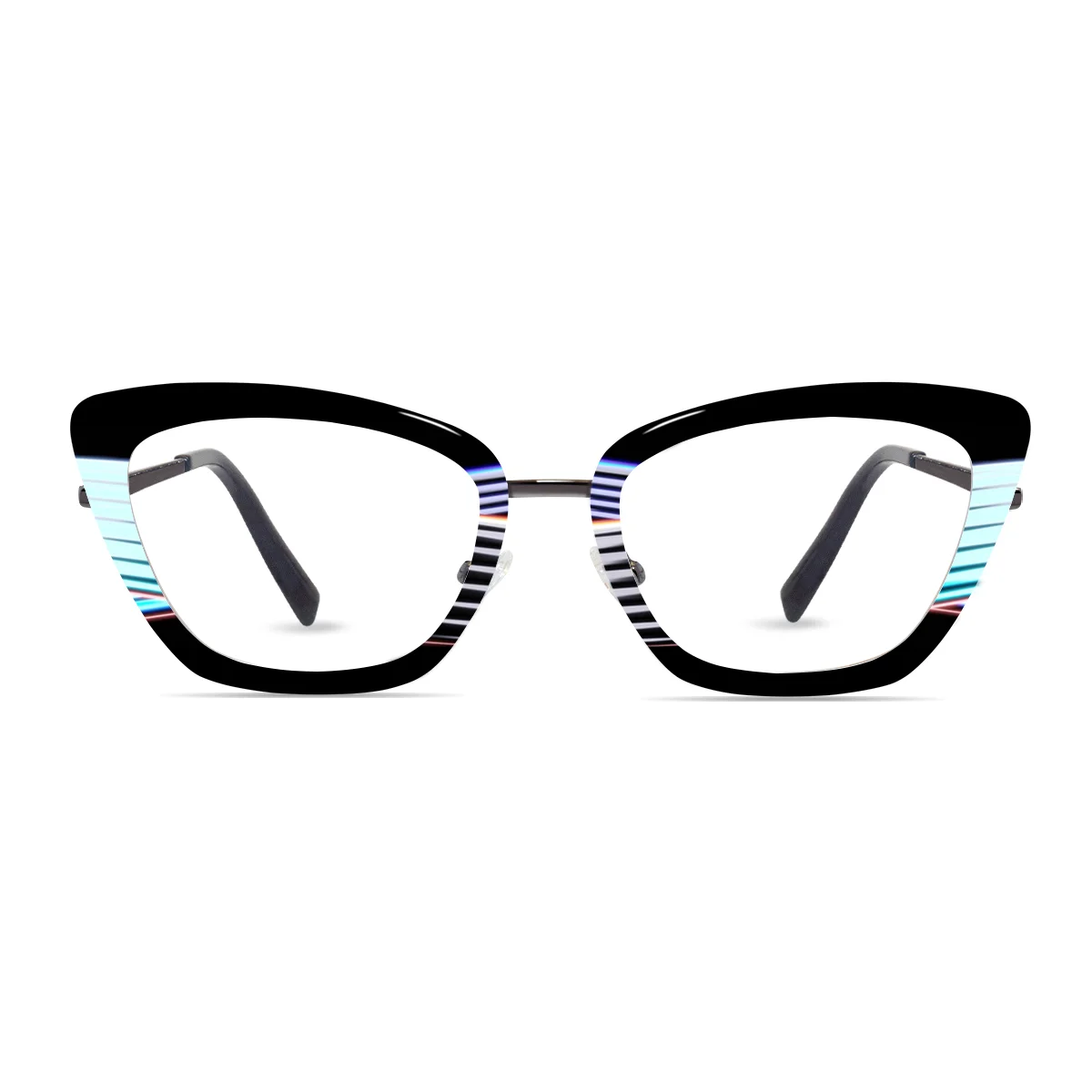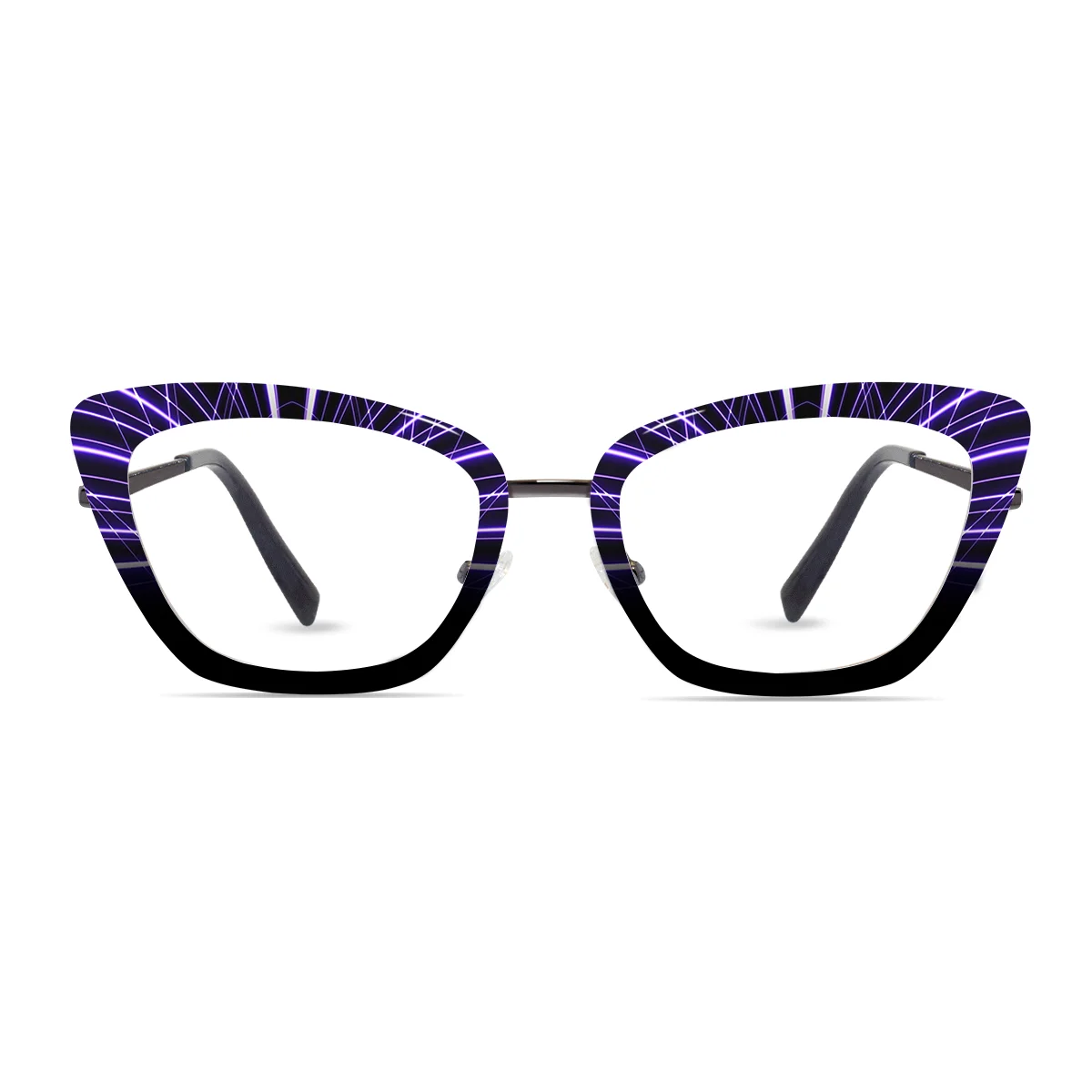Is Reading in the Dark Bad for Your Eyes?
Many of us have been engrossed in a book only to realize the light has dimmed. You may have heard warnings that reading in poor light is bad for your eyes. But is there any truth to this? Let’s explore the effects of reading in the dark and tips to protect your vision while enjoying your favorite books.
How Your Eyes Adjust to Low Light
When the light dims, your eyes undergo several changes to help you see:
1. Pupil Dilation
Your pupils expand (dilate) to let in more light. This process is controlled by the iris, which adjusts to darker environments.
2. Retina Sensitivity
The retina, which acts like a screen at the back of your eye, captures light. Rod cells in the retina enhance your ability to see in low light, though they aren’t as effective with color and detail.
3. Lens Adjustments
The lens tries to focus dim light onto the retina, but it may struggle with fine details, leading to temporary blurriness.
While your eyes can adapt, these adjustments require more effort, which can cause discomfort or strain during prolonged reading in the dark.
Immediate Effects of Reading in Poor Light
Reading in dim light doesn't cause permanent damage, but it can lead to short-term symptoms such as:
- Eyestrain: Your eyes may feel tired or sore.
- Frequent Blinking: You might rub your eyes or blink more often to clear your vision.
- Headaches: Straining to focus in poor lighting can lead to headaches.
- Eye Discomfort: The muscles around your eyes may feel tense or achy.
These symptoms typically subside when you return to a well-lit environment.
Does Reading in the Dark Cause Long-Term Damage?
Good news—reading in dim light won't harm your eyes permanently. Research confirms that while it can cause temporary discomfort, it doesn’t lead to long-term vision problems. Our eyes are resilient and capable of adapting to various lighting conditions. However, consistent strain can make reading less enjoyable, so it's best to maintain proper lighting for comfort.
Tips for Healthier Reading Habits
1. Use Proper Lighting
- Choose a reading lamp with an adjustable head to direct light where needed.
- Opt for bulbs that mimic natural light to reduce glare and eye strain.
- Position the light source behind you to illuminate the page evenly.
2. Adjust Font Size and Contrast
- Increase the font size on digital devices or choose large-print books to reduce strain.
- Maintain good contrast—dark text on a light background works best. Avoid overly bright screens or pages.
3. Wear Anti-Reflective Glasses
- Anti-reflective coatings minimize glare from screens and lights.
- These glasses are especially helpful for prolonged screen time or reading under artificial lighting.
Maintain Overall Eye Health
1. Take Regular Breaks
Practice the 20-20-20 rule: every 20 minutes, take a 20-second break to look at something 20 feet away.
2. Schedule Routine Eye Exams
Regular eye check-ups help detect and address any issues early. Adults should visit an eye doctor every two years, or more frequently if advised.
3. Follow a Vision-Friendly Diet
Consume foods rich in vitamins A, C, and E, as well as omega-3 fatty acids and zinc. Leafy greens, carrots, fish, and nuts are excellent choices. Staying hydrated also prevents eye dryness and irritation.
Key Takeaways About Reading in the Dark and Eye Health
While reading in the dark won’t harm your eyes long-term, it can lead to temporary discomfort. To keep your eyes happy, use good lighting, adjust text settings, and consider anti-glare glasses. Don’t forget to take breaks, maintain regular eye exams, and nourish your eyes with a healthy diet.
With these habits, you can enjoy countless hours of reading without straining your vision.
Share this post
How to Protect Your Eyesight in Daily Life
Our eyesight plays a crucial role in our everyday activities, from reading and working to enjoying hobbies and exploring the world. In...
Step-by-Step Guide to Fixing Broken Glasses at Home
Keeping your glasses in good condition is essential for clear vision and safety. When they break, it can be frustrating and inconvenient,...
Understanding Myopia and Effective Correction Methods
Myopia, commonly known as nearsightedness, is a vision condition where nearby objects appear clear while distant objects look blurry. This issue is...
How to Stop Glasses from Sliding Down Your Nose
Tired of pushing your glasses back up your nose all day? Sliding glasses can be an annoying distraction, especially during workouts, cooking,...
How to Tighten Glasses to Prevent Them from Falling Off
Wearing glasses daily requires a snug fit for maximum comfort and functionality. Over time, frames can loosen or misalign due to regular...
Best and Worst Ways to Clean Glasses
Your eyeglasses are an essential investment in your vision, making their care and maintenance a top priority. Proper cleaning ensures a clear...

